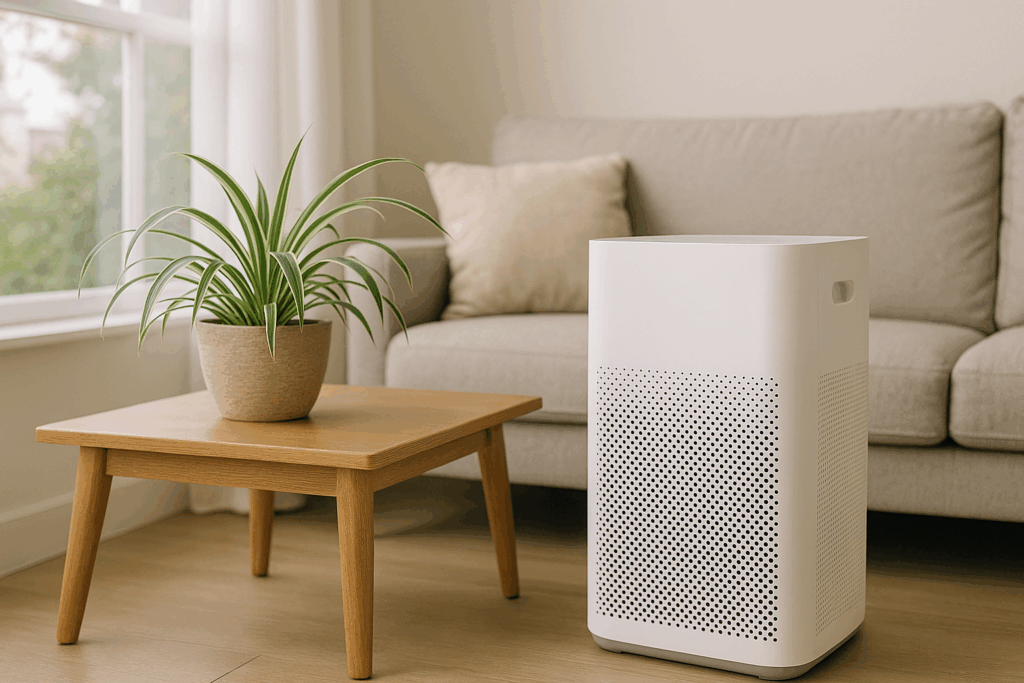Even though your lungs never stop working, they rarely get the care and attention they deserve—until illness or difficulty breathing strikes. But supporting lung health doesn’t require a diagnosis or crisis. Small, consistent choices made every day can help you breathe easier, build respiratory resilience, and reduce long-term risks. From air quality and movement to posture and mindfulness, nurturing your lungs can become as routine as brushing your teeth.
Clean Air Starts at Home

Many lung irritants come not from polluted city streets, but from inside your own home. Dust, mold, pet dander, and chemical-based cleaners can compromise indoor air quality without you even realizing it. Using a high-quality air purifier, vacuuming with HEPA filters, and reducing the use of aerosol sprays can make a significant difference. Keeping windows open when weather permits and bringing in air-purifying plants like spider plants or peace lilies can also help keep the air fresher and easier on your lungs.
Posture and Movement Matter

Slouching isn’t just a posture problem—it’s a breathing problem. When your chest collapses forward, your lungs can’t fully expand, limiting oxygen intake and straining your respiratory muscles. Practicing good posture, especially during long workdays or screen time, helps keep your airways open. Additionally, regular physical activity strengthens the diaphragm and increases lung capacity. Even brisk walking for 30 minutes a day or practicing gentle stretching can support better breathing mechanics.
Train Your Breath

Breathing might feel automatic, but how you breathe makes a difference. Most people tend to breathe shallowly into the chest, which can promote tension and fatigue. Diaphragmatic, or belly breathing, encourages full oxygen exchange and relaxation. Set aside five minutes a day to practice slow, deep breaths—inhale through your nose, let your belly rise, and exhale slowly through your mouth. Techniques like box breathing or alternate-nostril breathing can also support lung efficiency and stress reduction.
A Lasting Commitment to Lung Health

Building habits for healthy lungs isn’t about overhauling your life—it’s about intentional tweaks that yield long-term benefits. By improving air quality, staying active, practicing good posture, and developing mindful breathing habits, you create an environment where your lungs can thrive. In the long run, these changes can reduce your risk for chronic respiratory issues and improve your overall well-being. The best time to start caring for your lungs is before you need to.

